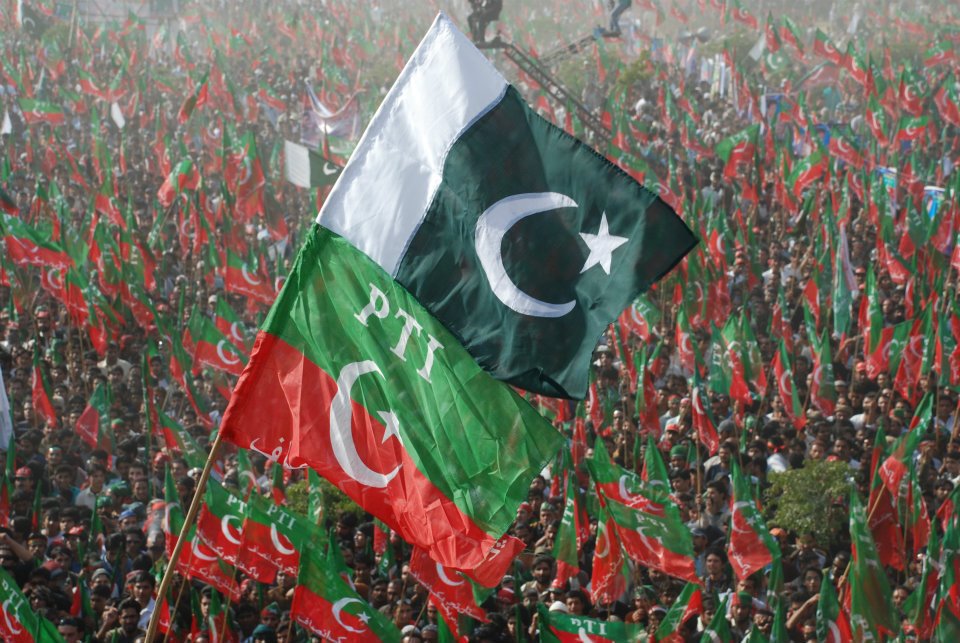
Pakistan's political landscape is a complex tapestry woven from domestic and international threads. Understanding the intricate relationship between its internal political dynamics and its global standing is crucial for comprehending the country's trajectory.
Domestic Politics:
Pakistan's political landscape is characterized by a vibrant, multi-party system. However, the country's history has been marked by periods of military rule and political instability. The current government, led by Prime Minister Shehbaz Sharif, faces numerous challenges, including:
Economic instability: Pakistan is grappling with a severe economic crisis, with high inflation, a depreciating currency, and a widening current account deficit.
Political polarization: The political landscape is deeply polarized, with the two main parties, the Pakistan Muslim League (PML-N) and Pakistan Tehreek-e-Insaf (PTI), locked in a bitter rivalry.
Security challenges: Pakistan continues to face security challenges from terrorism, separatist movements, and cross-border tensions.
Global Standing:
Pakistan's global standing is influenced by a number of factors, including:
Geostrategic location: Pakistan occupies a strategically important location in South Asia, bordering Afghanistan, Iran, and India.
Nuclear power: Pakistan is a nuclear-armed state, which has implications for its regional and global security.
Economic and trade relations: Pakistan has significant economic and trade relations with China, the United States, and other countries.
Role in regional and international affairs: Pakistan plays an active role in regional and international affairs, including as a member of the United Nations and the Organisation of Islamic Cooperation.
The Interplay:
The interplay between Pakistan's domestic politics and its global standing is complex and multifaceted. For example:
- Domestic instability can impact Pakistan's ability to attract foreign investment and engage effectively in international affairs.
- Pakistan's nuclear program and its role in the fight against terrorism have a significant impact on its relations with other countries.
- The country's economic challenges can lead to increased social unrest and political instability, which can further complicate its global standing.
Looking Ahead:
Pakistan's future political landscape and global standing will be shaped by a number of factors, including:
- The outcome of the next general election, scheduled for 2023.
- The country's ability to address its economic challenges.
- The evolving security situation in the region.
- Pakistan's relations with major powers, such as the United States and China.
Understanding the complex relationship between Pakistan's domestic politics and its global standing is essential for anyone seeking to understand the country's future trajectory. By analyzing the internal and external forces shaping Pakistan's political landscape, we can gain valuable insights into the challenges and opportunities that lie ahead.




 - Pakistan General Elections -- 2024
- Pakistan General Elections -- 2024
